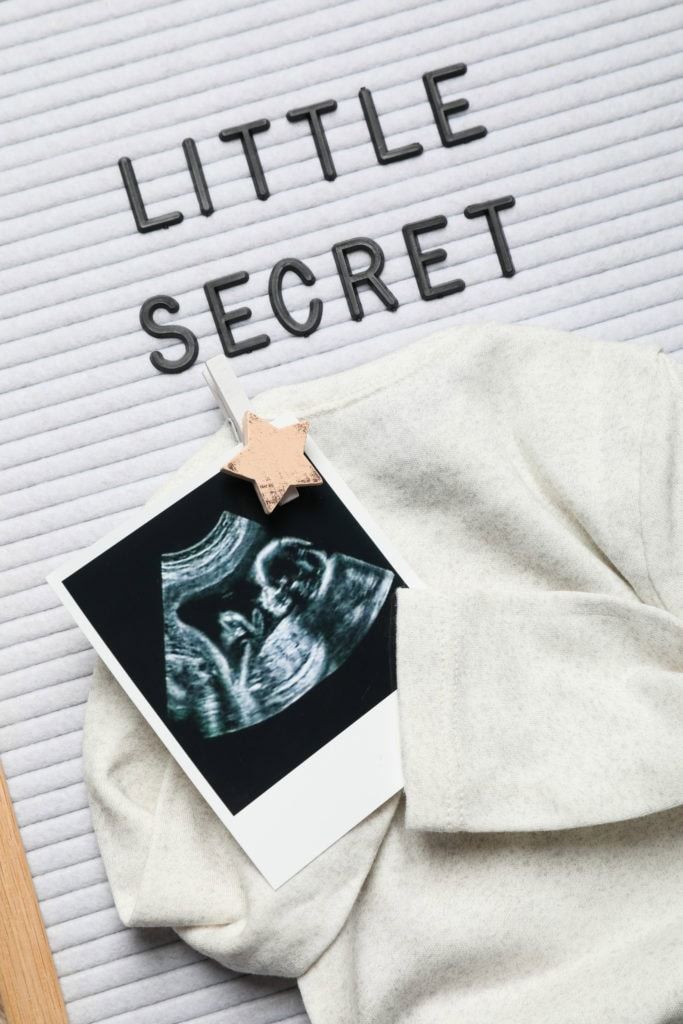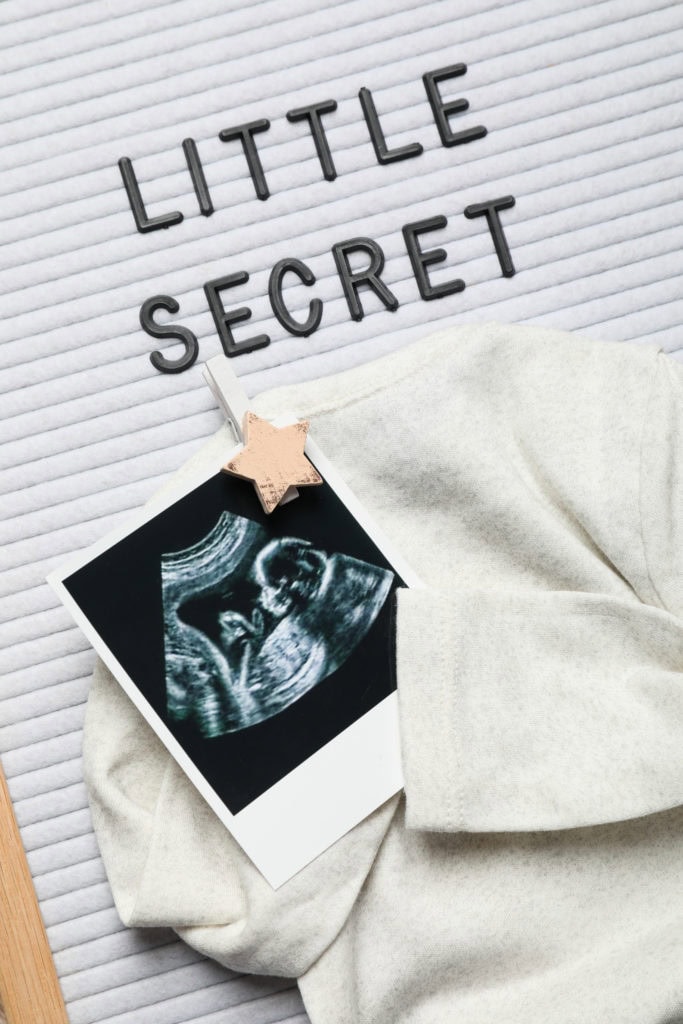Is it a Crime to Conceal The Birth of a Child?


Concealing a birth refers to the act of a parent, or another responsible person, failing to report the birth of a child. It is important to note that in Canada, it is not a criminal offence to fail to report the birth of a newborn. However, in Ontario, you are mandated to register the birth of a newborn baby within 30 days of the baby’s birth to be issued a birth certificate.
Services offered in Ontario enable new parents to register their newborn concurrently with other important applications. This includes obtaining a birth certificate, applying for a social insurance number (SIN), and signing up for Canada child benefits for their child.
The Ontario government recognizes that there can sometimes be unavoidable circumstances preventing parents from registering their baby within the first 30 days of their life. To accommodate this, parents can still register their child’s birth within 12 months of the birth date. Nevertheless, registering after 12 months renders the process lengthier and will incur a fee.
The term “concealing birth” is particularly used when the appropriate authorities have not been informed about a stillbirth or the death of a newborn.
Neglecting to Obtain Assistance in Childbirth
Under Section 242 of the Criminal Code, it’s outlined that an offence may occur when a female person who, being pregnant and on the verge of delivery, with an intention that the child shall not live or with an intention to conceal the birth of the child, fails to make provision for reasonable assistance in respect of her delivery. This could result in permanent injury to the newborn or its death immediately before, during or a short time after birth.
If charged and convicted under this section of the criminal code, the accused could face a sentence of up to a five-year term of incarceration. The actual wording of Section 242 in the Criminal Code is as follows: “A female person who, being pregnant and about to be delivered, with intent that the child shall not live or with intent to conceal the birth of the child, fails to make provision for reasonable assistance in respect of her delivery is, if the child is permanently injured as a result thereof or dies immediately before, during or in a short time after birth, as a result thereof, guilty of an indictable offence and is liable to imprisonment for a term not exceeding five years.”
Concealing the Death of an Infant
Section 243 of the Criminal Code details the criminal offence of disposing of the body of a dead child with the intention to conceal the fact that the child’s mother had delivered it. It’s crucial to note that even if the child was dead before its delivery, it remains a criminal offence to conceal the birth and dispose of the child’s body without notifying the appropriate authorities.
If a person is charged and subsequently convicted under this section of the criminal code, they could face up to two years of imprisonment. The specific wording of Section 243 in the Criminal Code reads: “Every one who in any manner disposes of the dead body of a child, with intent to conceal the fact that its mother has been delivered of it, whether the child died before, during or after birth, is guilty of an indictable offence and liable to imprisonment for a term not exceeding two years.”
Lastly, it’s worth noting that if you have been charged under either section 242 or 243 of the criminal code, viable defenses are available to you. Consulting with Pyzer Criminal Lawyers would be advisable for arranging your free consultation.
Contact Our Experienced Criminal Defence Lawyers for the Best Defence
In Canada, failing to register a newborn’s birth is not a crime, but concealing the birth or death of a child can lead to serious legal consequences. It is an offence to avoid seeking assistance during childbirth with the intent to prevent the child from living or to conceal the birth, carrying a penalty of up to five years in prison.
If you are facing birth concealment or child endangerment charges, securing experienced legal representation is essential. Pyzer Criminal Lawyers will help you understand your rights, navigate the legal process, and build a strong defence. Contact us today for a confidential consultation.

Jonathan Pyzer, B.A., L.L.B., is an experienced criminal defence lawyer and distinguished alumnus of McGill University and the University of Western Ontario. As the founder of Pyzer Criminal Lawyers, he brings over two decades of experience to his practice, having successfully represented hundreds of clients facing criminal charges throughout Toronto.




